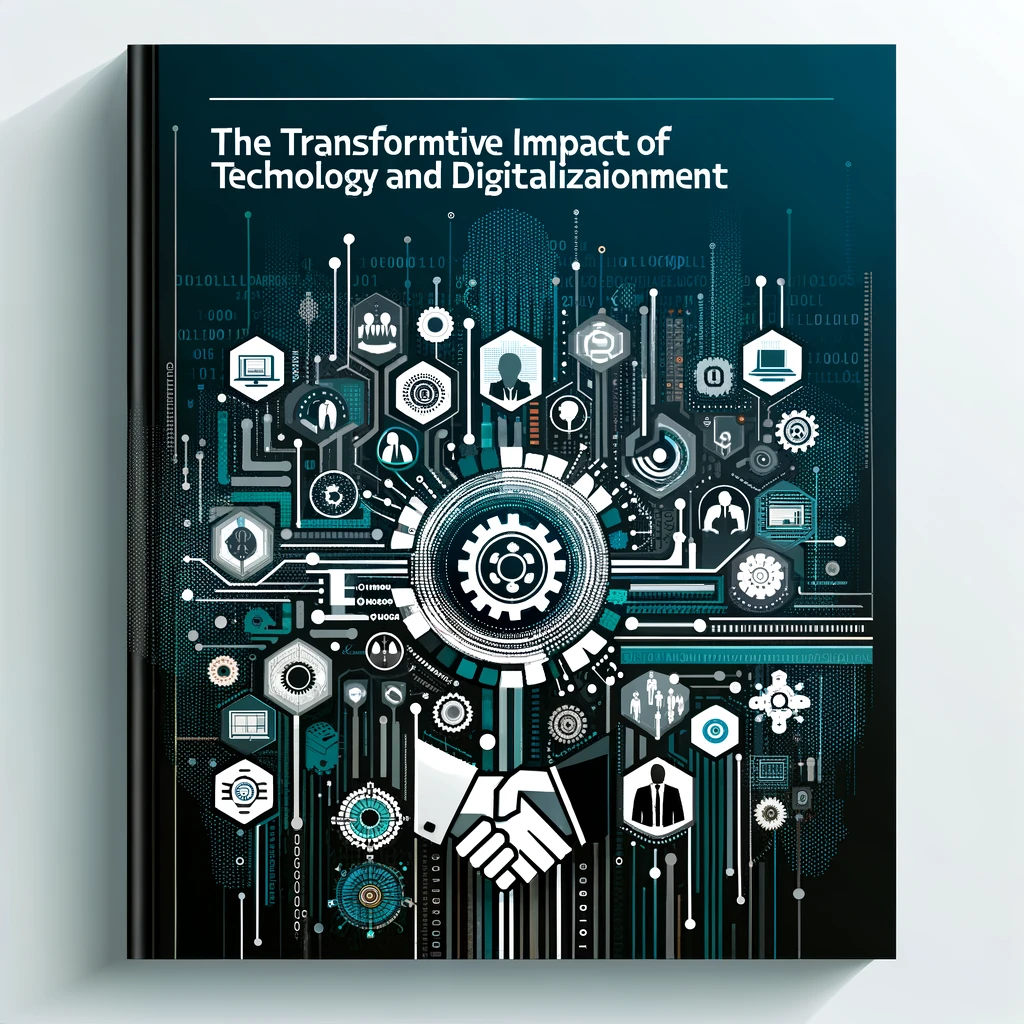The Transformative Impact of Technology and Digitalization on Employment: Beyond the Myths

In an era where technology and digitalization are rapidly reshaping the business landscape, concerns about their impact on employment are widespread. The prevailing myth suggests that technological advancements inevitably lead to job losses. However, a more nuanced perspective reveals that while technology does transform the nature of work, it also creates new opportunities and demands adaptation. I want to illustrate this dynamic, challenging the myth and highlighting the positive aspects of this transformation.
Revisiting “The Intern” - A Metaphor for Change
“The Intern” offers a poignant example. A traditional factory closes, giving way to an online magazine. This represents a broader trend: industries pivoting from conventional methods to digital platforms, not eliminating jobs but evolving them. The film underlines the adaptability of the workforce and the emergence of diverse roles in new sectors.

Technology as a Catalyst for New Employment Opportunities
Tech and Software Development: The digital era has birthed an entire industry in IT and software development, with roles in coding, cybersecurity, and AI development.
E-Commerce Revolution: Companies like Amazon and eBay have transformed retail, creating jobs in digital marketing, logistics, web development, and customer support.
The Green Tech Movement: The shift towards sustainable energy is not just an environmental choice but an economic one, creating jobs in solar and wind energy, battery technology, and sustainable building practices.
Healthcare and Biotechnology: The intersection of technology and healthcare has opened new roles in biomedical engineering, telemedicine, health informatics, and pharmaceutical research.
Automation and Robotics: While automation may replace some manual jobs, it also creates roles in robot design, maintenance, programming, and integration into existing workflows.
The Gig Economy: Digital platforms like Uber, Airbnb, and Upwork have created a new economy, offering flexible employment opportunities across various sectors.
The Necessity of Skill Adaptation and Lifelong Learning
The transition to a tech-centric job market requires a paradigm shift in skills and learning. Continuous education, reskilling, and upskilling are crucial to remain relevant. This shift isn’t necessarily about harder work, but about adapting to new ways of working, emphasizing problem-solving, creativity, and technical skills.
Addressing Displacement and Inequality
While technology creates jobs, it can also lead to displacement and inequality. It’s crucial for policymakers, educators, and businesses to work together to ensure that the benefits of technology are widely accessible. This includes investing in education, providing retraining programs, and ensuring equitable access to emerging job markets.
Conclusion
The narrative that technology destroys jobs is overly simplistic. While it does change the nature of work, it also opens up new avenues for employment and economic growth. The key lies in embracing change, adapting skill sets, and recognizing the vast potential of technology and digitalization. The future of work is not about the loss of jobs due to technology; it’s about the evolution and diversification of the employment landscape, where adaptability and learning are at the forefront.